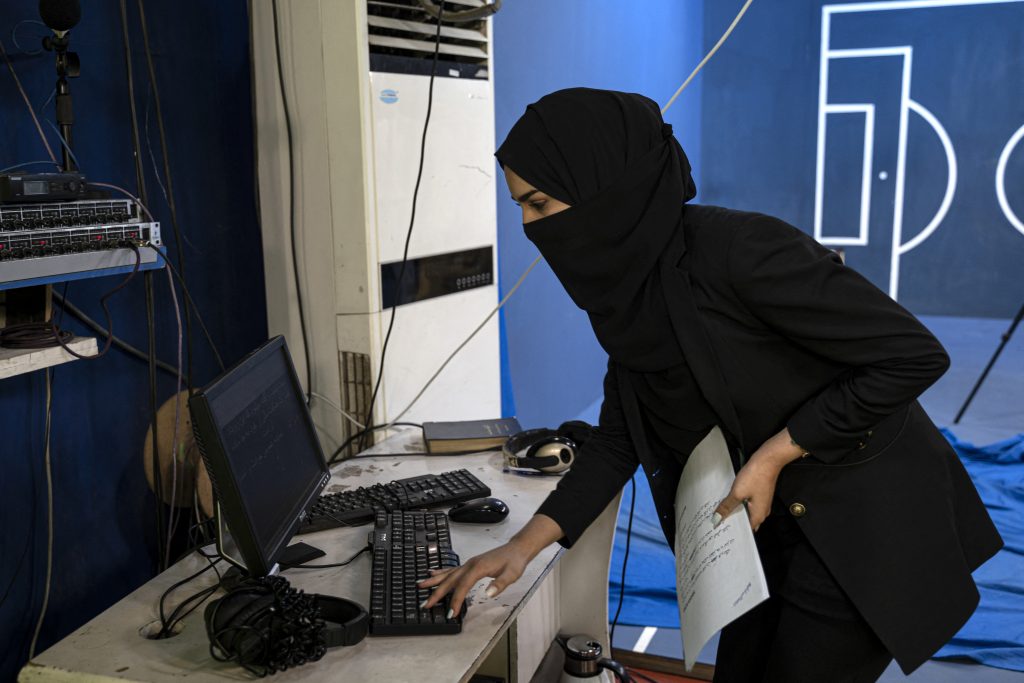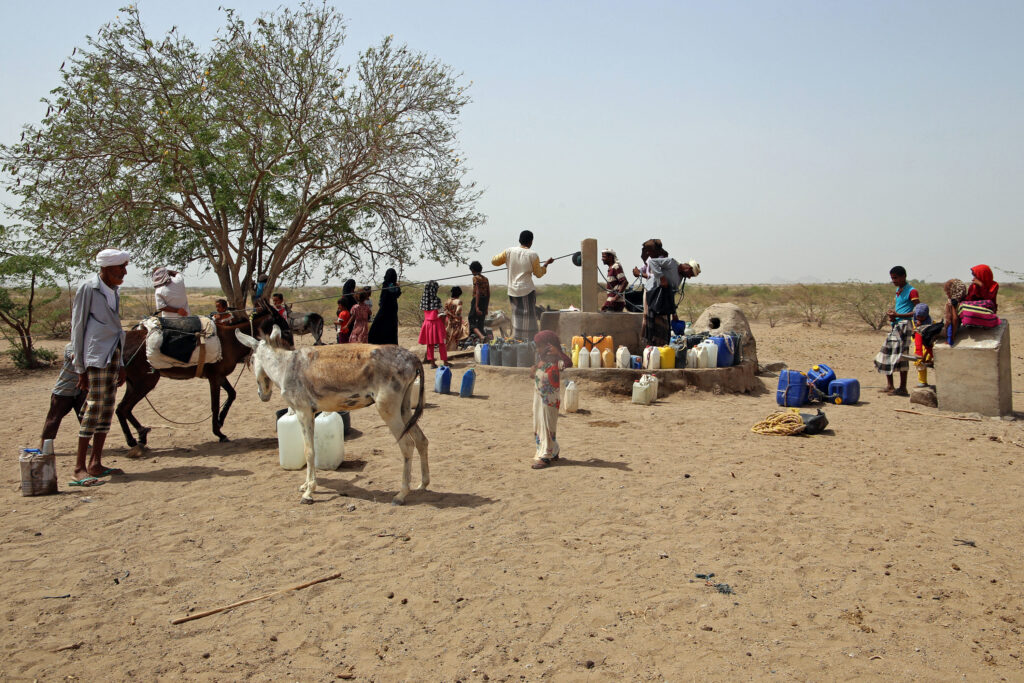Afghan Women are Back in the Dark Ages
- -

By Gyorgy Busztin, Visiting Research Professor, MEI-NUS
The Taliban leadership decreed recently that women must cover themselves from head to toe outside the home – the latest in a series of moves that gave the lie to their earlier promises to respect gender equality.
For good measure, the Ministry of Vice and Virtue added that women should not leave the home in the first place – so they can save themselves from the inconvenience of covering up. (They cannot do so anyway without a male relative in tow.)
Ideas such as travelling alone, or going abroad, are not even figuring as topics for discussion anymore. Women who must absolutely leave their homes are even restricted to a radius that cannot be breached.
Such misogynistic rules have never been implemented elsewhere in the Islamic world, save for the short-lived “Caliphate” of ISIL. Having struggled relentlessly in a country ravaged by war for decades, but putting up nevertheless with its conditions and functioning within the limitations of a mismanaged, poor, but still functioning society – for both men and women – the women and girls of Afghanistan are now relegated into a condition of second-class citizenship, literally and figuratively.
The country’s bigoted rulers gave an indication of what was to come when they abruptly closed down schooling for girls of high school age in March. They argued that the measure was temporary, until uniforms deemed ethically correct by the Taliban are devised and introduced. Now, the authorities have recommended the burqa – a garment that covers them from head to toe, with a dense mesh over their eyes – as their preferred garment for women. The garb, traditional in Afghan society, was outlawed by the reformist King Amanullah in the 1920s, after he called it a relic of backwardness.
While it is true that Afghan women in rural communities and even in cities continued to wear the burqa, not out of religious conviction but because of tradition, the Taliban has now claimed that females will benefit from the new ruling as it gives them protection in a lawless society.
In fact, the mandatory face cover is akin to depriving Afghan women of the ability to engage in activities that are features of modern life in civilised societies.
Other than the collective humiliation meted out to Afghan women, the draconian measures – which are enforced by threats of imprisonment for women and their male relatives who do not comply – disconnect women from public life and the economy of a country struggling to remain functional in the face of the epic meltdown triggered by the return of the Taliban to power.
Banishing half of Afghanistan’s citizens from productive activity will prove to be as catastrophic to the country as the civil war was.
How Afghanistan will cope with women missing from public life and the workforce – particularly in areas where they were not just indispensable but the only workers, such as healing, teaching, and caregiving for women – is a mystery, and a huge challenge for the international NGO and donor community.
To make things worse, Afghanistan is receding from the world’s focus. Russia’s war against Ukraine is – justifiably – now occupying centre stage, and aid agencies have their hands full helping struggling Ukrainians and bracing for a looming food crisis.
Paradoxically, developments in the United States may be emboldening the Taliban’s repression. The leaked draft opinion suggesting the Supreme Court is poised to overturn the Roe vs Wade judgment could mean that the world’s self-appointed leader of democracy will soon be treating women in a way that is controversial, at best. If the Americans turn their backs on women’s rights, who should care that the Taliban is also doing so?
Image caption: An Afghan female presenter for 1TV channel, with her face covered by a veil, works on a computer before a live broadcast at 1TV channel station in Kabul on 25 May 2022. Photo by Wakil KOHSAR / AFP.
About the Author
Dr Gyorgy Busztin is Visiting Research Professor at the Middle East Institute, NUS.
A career diplomat and an academic, he served, between 2001 and 2011, as Hungary’s ambassador to Indonesia and subsequently, Iran. In 2011, Dr Busztin was appointed deputy envoy of the United Nations in Iraq, responsible for the political, analytical, electoral and constitutional support components of the UN’s mission in Iraq. He served at the level of assistant secretary-general until October 2017.
More in This Series
- Gina Bou Serhal, Serhat S. Çubukçuoğlu and Abdulla Alkhaja
- -








